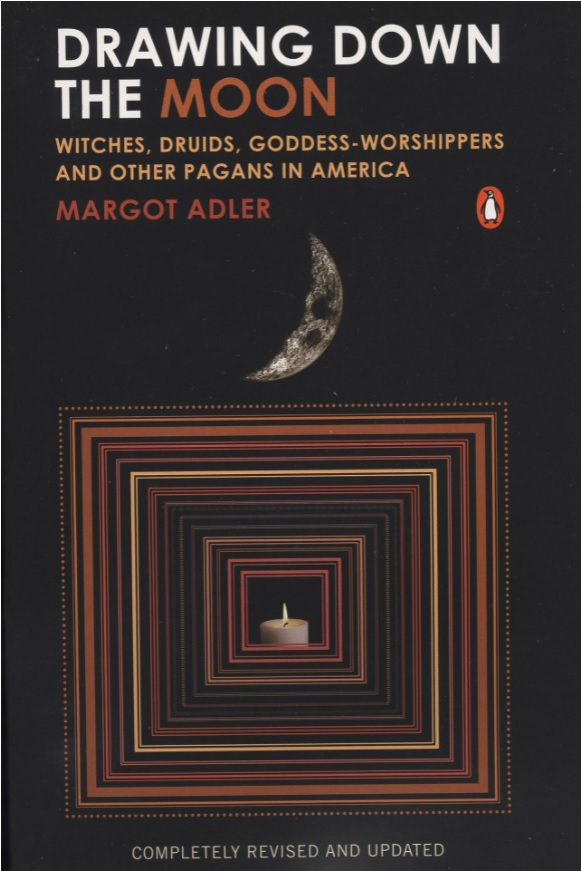Ben’s 2021 Nonfiction Reviews
A long time ago when we started Words About Books we had a simple goal: read more books. We thought that doing a podcast would make us more accountable and force us to make time for an activity that was too easy to shove aside. Also, we wanted to be better writers. We knew that we needed to read well if we wanted to write well. It was important to read widely and out of our comfort zone. This includes nonfiction.
Nate and I both read a lot of nonfiction, but we’ve had a hard time trying to make our nonfiction reading part of the podcast. There’s a few reasons for that. I talked about them in more detail on one of our only episodes that covered nonfiction books. Basically, we attempt to mix review and analysis with a bit of humor. We want to be good story tellers ourselves, and so we like to focus on what works and what does not work in a story. When a book’s primary goal is to inform rather than to entertain, the quality of the information immediately becomes more important than its presentation. It’s a much more dry conversation than we like to have on our typical podcast episode.
With all that said, though, I do still want to talk about the writing in the nonfiction books I’ve read. The blog seems like it might be a better fit for this discussion. So, following will be a list of the nonfiction books I read in 2021, what I thought of them, and what I think you might get out of them (if anything).
The Pragmatic Programmer: From Journeyman to Master by Andrew Hunt and David Thomas

This is the rare case where I feel qualified to talk about a book on highly specific subject matter. I am, as it turns out, a programmer. Admittedly, not a very pragmatic one though. I read this book for professional reasons. I wouldn’t recommend it to anyone who isn’t interested in programming professionally. The information presented in this book is very specific to programmers working in the industry with a team. It’s designed to be referenced by chapter rather than read cover to cover. Each chapter is well written and well presented, if a bit dry. I would whole heartedly recommend it to any fellow industry folks.
Drawing Down the Moon: Witches, Druids, Goddess-Worshippers, and Other Pagans in America by Margot Adler

I run the risk of angering some people with this next statement. It is very difficult to find any books worth reading on European paganism, and especially modern paganism. As with any religion, the literature is flooded with self-appointed gurus massaging their egos and padding their wallets. I’m not a practitioner, nor am I interested in becoming a practitioner. I just enjoy studying religions, and I wanted to find some scholarly information about the modern pagan movement for a little writing project I’m working on.
Margot Adler was a Wiccan priestess, NPR contributor, and scholar. Drawing Down the Moon is a really interesting, scholarly, and unfortunately somewhat outdated look at the modern pagan movement, mostly in America. The first edition was published in the 70s and it was revised periodically up until Adler’s death. This is an excellent starting point for anyone who is interested in the history of the modern pagan movement. I’m not sure it’s the best starting point for someone looking to get into practicing a pagan religion. Many of the groups discussed in this book no longer exist. Even so, I think this is useful background knowledge to have.
The Letters of JRR Tolkien Edited By Humphrey Carpenter with the assistance of Christopher Tolkien

The title is the description for this one. It is a collection of letters written by JRR Tolkien to various people throughout his life, with a particular focus on the writing of The Hobbit and The Lord of the Rings. I can’t believe how long I waited to read this book. If you are a fan of Lord of the Rings and Middle Earth, this is a fascinating read. I read through the book cover to cover, but that is not a requirement. You can focus only on the aspects of his work which interest you if you want.
If you have the time though, I would highly recommend giving this a thorough read. Tolkien was an interesting man with an interesting perspective. I don’t agree with every opinion he held or every decision he made, but I’m so glad that these letters survived for my voyeuristic reading. It significantly enhanced my enjoyment of Lord of the Rings, which is saying something.
The Prince and The Discourses by Niccolò Machiavelli

Niccolò Machiavelli was a 15th century political guru. He wrote these two books, both cover the topic of how a nation ought to be governed, with a strong preference for republican systems of government. Both books use contemporary 15th century and historical, usually Roman, examples to illustrate Machiavelli’s points. It’s been a while since we’ve visited “Ben’s Douche Philosophy Corner” on the podcast, but I like to keep it stocked, just in case. For reasons that are probably obvious to anyone not living in a cave, systems of government and political philosophy have been on my mind lately. I’m finding that contentious political situations are most enjoyable when viewed from a distance of about four or five hundred years.
These are fascinating books, but like most great works of political philosophy, they’re dry and repetitive. It’s not for everyone. If you’re interested and you want to dip a toe into Machiavelli’s writing, start with The Prince you’ll get the gist of Machiavelli’s theories and writing style. If The Prince thoroughly impresses you, then go ahead and read The Discourses. You’ll get more out of The Discourses if you’re familiar with Livy, but Machiavelli strays so far from the topic of commenting on Livy’s history that it’s not a requirement. I should also say that Machiavelli plays kind of fast and loose with his historical examples. He’s an interesting guy, but don’t take for granted that he always knows what he’s talking about.
Immune by Philipp Dettmer

If you have not studied the immune system at a college level, then I cannot recommend highly enough that you read Immune by Philipp Dettmer. This is a fully illustrated, and very readable, overview of the human immune system. This book could not have come at a more relevant time. This is the best written non-fiction book that I have read in years. Dettmer invested so much time understanding, and translating immunology to the lay person. Please go check this book out.
Here’s hoping the list is a little longer in 2022…





